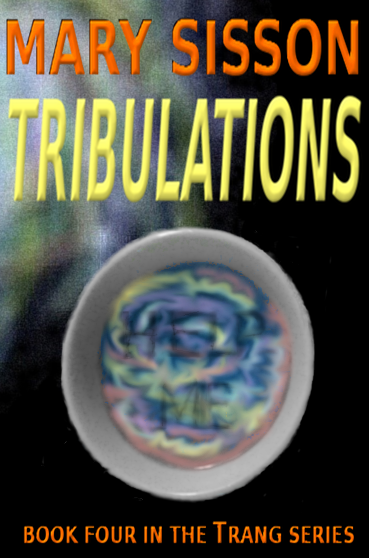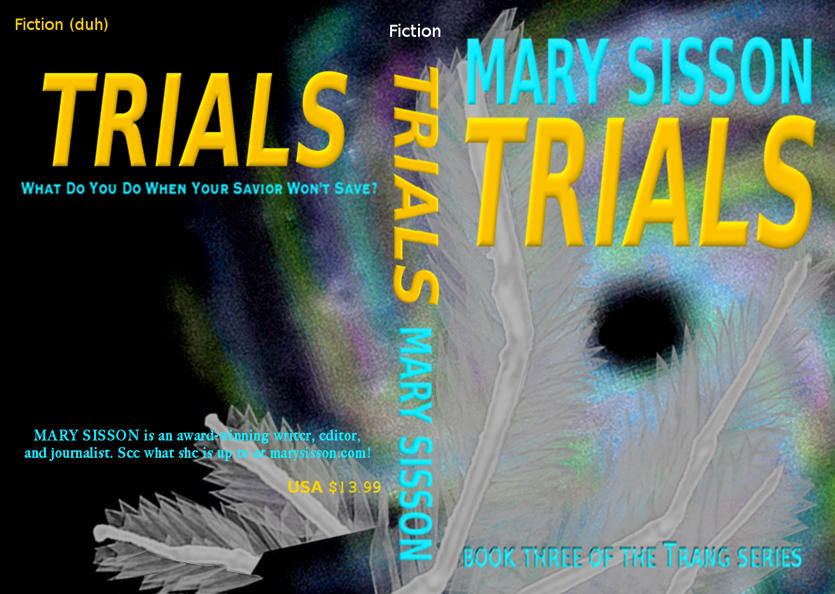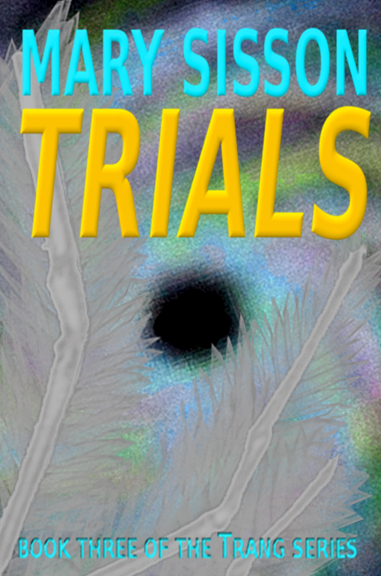Lily White LeFevre posted a nice little take-down of Star Trek Into Darkness. I wasn't able to truly enjoy that movie either, but for me the big, glaring problem was the same big, glaring problem that plagues 90% of J.J. Abrams' output: Things happen because they are convenient.
For Abrams, it's always about ginning up some drama, logic be damned. So there's no safety system to prevent space ships from crashing into major population centers, and Khan gets free because Scotty decided--for no reason in particular--to stop paying attention to him.
When LeFevre complains:
[W]hat we’re given [in Abrams' Kirk, who she calls Emo Kirk] is someone who does not think the same way Kirk thinks, rather than someone who weighs his thought process against different life experiences. I didn’t mind his emotion-based decisions in the first movie, because he was so young and untried, but I felt like he learned nothing from that experience. Throughout this film he makes his decisions based on his feelings, NOT on his instincts. Huge difference. Kirk sometimes followed a path that seemed illogical, but was actually highly logical – it just relied on data that Spock did not have at his disposal, and that was Jim’s sense of tactics and knowledge of human nature, which is driven by irrationality, so it sometimes seemed illogical.
I think that she has a totally valid point, but I also think that Emo Kirk is really "Emo" Kirk, whose supposed emotionalism and irrationality is just a convenient excuse to have him go gin up some drama.
I'm seeing that again now because I'm watching The Vampire Diaries, which at this point is rapidly devolving into a soap opera about super-powered bloodsuckers. It turns out that vampires, conveniently enough, are really, REALLY, REALLY emotional and irrational, so they can be relied upon to do all kind of stupid, self-destructive crap for no other reason than to--you guessed it--gin up some drama.
This never works. NEVER. It's obvious string-pulling.
Does this mean that characters should never make impulsive or emotional decisions? Of course not. People make these kinds of decisions all the time. Recently I made an impulsive and emotional decision to pull my books from Barnes & Noble, despite having long claimed that it's important to make your books easy to buy and that it's important to diversify your retail base.
Guess what? One book was never actually pulled, because it's on B&N through Smashwords. And I realized that I could do the same with the other book, so I checked a box and it should be back up on B&N soon.
Even when people are emotional, they tend to be consistent.
Being emotional and impulsive doesn't mean that people just do whatever. Even crazy people have particular triggers and patterns of behavior--what they are doing may not make much sense to you, and they may not understand why they do what they do, but there is a logic to it. Inconsistency is often a highly consistent trait, something The Larry Sanders Show understood very well. Writing emotional and impulsive characters is like writing a book where the characters can use magic: Have rules, and it can be very engaging. Use it as a crutch, and suddenly all interest drains from a story.
Real people have patterns that can be really stubborn. Fictional characters need to have that core as well, otherwise they just aren't believable. If I can't believe, I can't care. And if the only thing I can believe is that the writer is desperately attempting to generate drama, then I really can't care.







